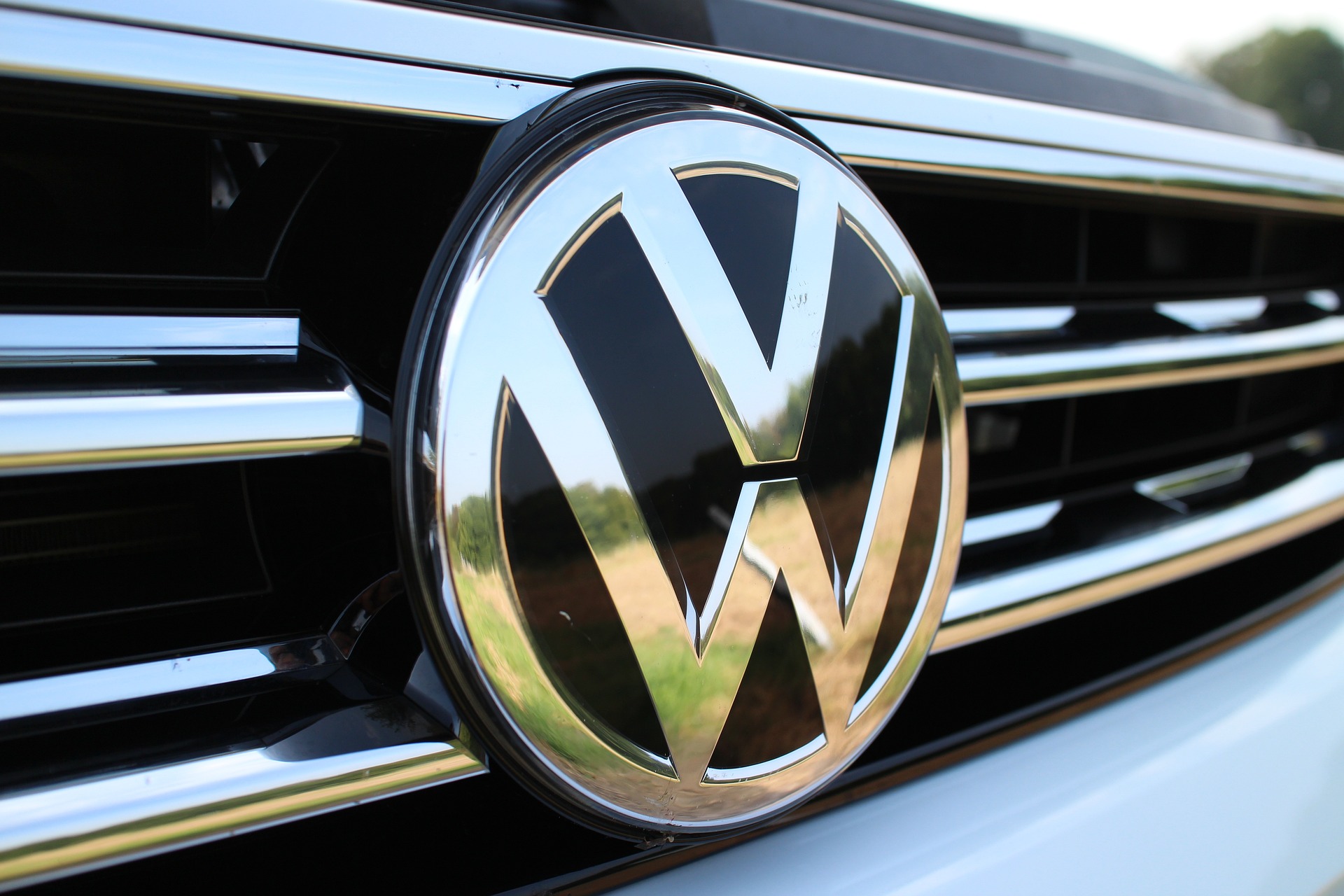
The Volkswagen Group would build battery factories itself, because this way it would not have to buy the cells.Continue reading

Hungary will lead the European ranking in the production of electric batteries as a result of the investments currently underway, making it indispensable in this strategically important industry, which is a guarantee for sustaining economic growth, Minister of Foreign Affairs and Trade Péter Szijjártó said in Budapest on Monday.
At the announcement of a new capacity expansion investment by Japanese company DENSO, the Minister said that the automotive supplier will set up a division specializing in the production of components for electric and hybrid vehicles in Székesfehérvár, 60 kilometers from Budapest. The HUF 25 billion (EUR 67.7 million) development will be supported by the state with HUF 3.6 billion (EUR 9.7 million), and will also help to create 55 new jobs and retrain 135 people.

Photo: Facebook/DENSO Hungary
Péter Szijjártó recalled that the global economy had been turned upside down twice in the last three years, but that this had not been able to slow down the irreversible and long-term process of revolutionary renewal in the automotive industry.
With the emergence of a completely new industry in the form of the electric car industry, a new and very fierce competition has started, because everyone knows that the countries that can really be strong in the future, the countries that can sustain their economic growth trajectory, are those that can attract the investment of the new electric car industry,”
he remarked.
The Foreign Minister pointed out that the government has done everything possible to achieve this goal and that these efforts have been successful so far, with the strategy of opening up to the East playing a key role, as a significant part of the investment in the sector comes from Asia.
Szijjártó welcomed the fact that the production value of the Hungarian automotive industry set a new record of HUF 12,000 billion (EUR 32.4 billion) last year. This represents a three-and-a-half-fold increase in twelve years, and another 33 percent growth is projected in 2023, while the export share in the sector remains above 90 percent, he said.
He stressed that
the automotive investments coming to Hungary represent an increasing added value and require higher technological standards, thus contributing to the change in the dimension of the economy.
They are also part of the strategy to make Hungary indispensable in the most important industry for the future functioning of the European economy, he added.
Finally, the Minister said that there were now more than 200 Japanese companies operating in Hungary, employing around 30,000 people. Bilateral trade turnover rose by around 43 percent in the first quarter of this year between the two countries, he said.
Featured photo via Facebook/DENSO Hungary